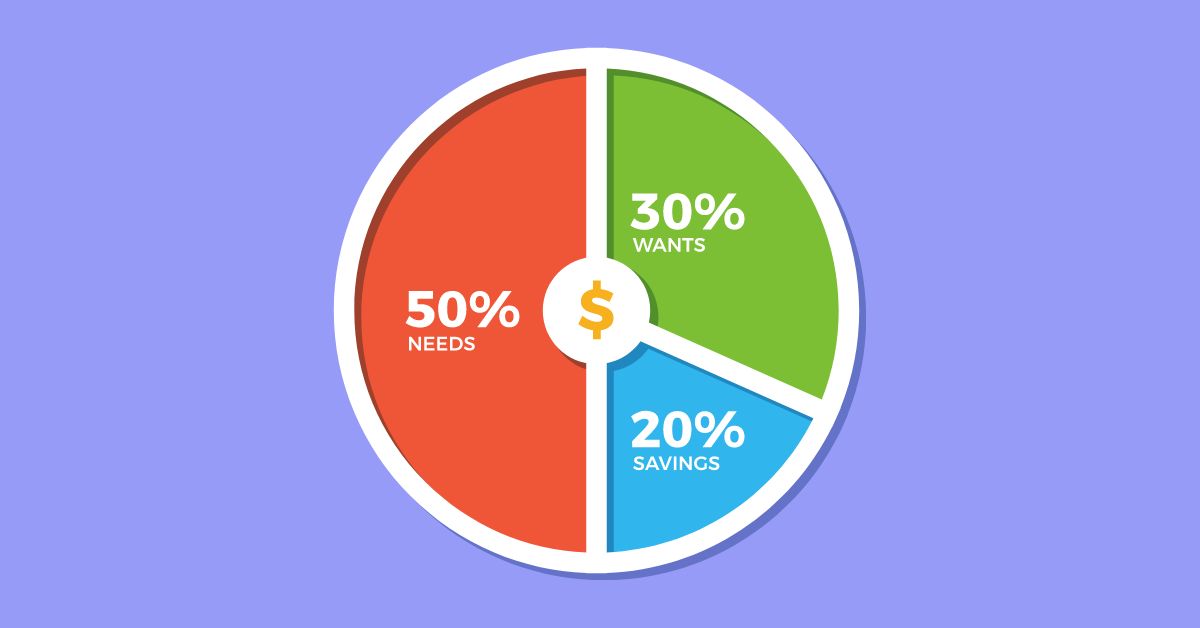If you want a new home, you may approach an architect. You may approach a fashion designer if you want to have your clothes designed and will think of hiring an event manager for any big event at your place.
In short, you approach a professional in the field to get a plan and advice for different things. Similarly, you may approach a financial advisor for your money-related matters.
Investors can choose from various types of advisory services. With automation modernising the investment world, robo-advisory services have taken birth. These robo-advisory services have been threatening the job of human financial advisors by replacing basic human tasks with technology. Though the human element may make human financial advisors superior in some cases.
If you are confused about which type of financial advisor you should choose, exploring this article may help as it talks about what a robo-advisor is, what a financial advisor is, the differences between robo-advisors and human advisors, and finally, which type of advisor is better for you.
What Is A Robo-Advisor?
Robo-advisors are virtual financial advisors. In other words, a robo-advisor is an automated software that uses algorithms to build and manage investment portfolios with minimal human intervention. A practice of investing through a robo-advisor is known as robo investing.
Like financial advisors ask you questions about risk and return preferences, these virtual advisors create a questionnaire to prepare your investor profile. The questionnaire includes questions about income, liabilities, risk appetite, etc. Based on your inputs, they provide investment-related advice.
Artificial intelligence (AI) and big data are the technologies behind robo-advisors. Though it is gaining buzz nowadays, robo investing in India is still in a nascent stage. The fee structure for robo-advisors in India may differ from that of other countries. The robo-advisory services in India are either offered for free or at flat annual charges plus fixed charges per transaction.
Benefits
- Usually, robo-advisors charge relatively lower fees for investment advisory and portfolio management services.
- Robo-advisors are more likely to provide bias-free investment advice.
- Robo-advisory services also include automated portfolio rebalancing, which helps manage risk and realign with your investment objective.
For instance, suppose a robo-advisor has allocated 25% of your funds in an ABC exchange-traded fund. If its weightage drops to 20% due to market volatility, the robo-advisor will automatically make the necessary adjustments to get them in line with your investment objectives.
- Some robo-advisors also facilitate automated tax-loss harvesting by selling securities at a loss to minimise capital gains tax.
Limitations
- Investors have limited control and flexibility regarding their investments when they opt for robo-advisors.
- The lack of human interaction may be one of the biggest drawbacks of robo investing. Investors may seek personalised advice and validation for their move in abnormal market conditions and complex instances.
What Is A Financial Advisor?
A financial advisor is an investment professional who gives you financial advice in exchange for fees. In addition to helping you with your investments, financial advisors may also help you plan your budget, savings, insurance, tax strategies, etc.
They understand your income, spending, risk capacity, return expectations, etc. and prepare your investment profile. Then, they use their expertise to develop a financial plan suitable to the investment objectives, which may help you build wealth.
Benefits
- Financial advisors attempt to understand your financial health and might also offer personalised financial plans. Additionally, you can discuss your financial problems and may get solutions by interacting.
- With financial advisors, you may have more investment options and greater control over your investments. They enable you to invest in individual stocks, bonds, alternative investments, exchange-traded funds, mutual funds, etc.
Limitations
- The fees charged by human financial advisors may be relatively high, reducing the potential investment returns.
- Human involvement may increase the chances of errors and behavioural biases in judgement, leading to poor investment decisions. For instance, if your financial advisor is overconfident that stock price will go up, he may advise you to buy that stock neglecting other factors.
Robo-Advisors Vs Human Advisors: What’s The Difference?
Here is the comparison of Robo-investors vs Financial advisors.
| Point of difference | Robo-advisors | Human financial advisors |
| Accessibility | They offer 24*7 accessibility. | They may be approached during business days and working hours. |
| Costs | Investing through robo-advisors is relatively cheaper. | The fees charged by human financial advisors are relatively higher. |
| Where it excels | They make investment management and related tasks easier. | They excel at those tasks which highly require expertise. |
| Investment options | They invest in mutual funds, exchange-traded funds and ready-made portfolios. | They can advise on wider range of financial securities such as stocks, fixed-income securities, mutual funds, ETFs, etc. |
Which Type Of Advisor Is Better For You?
The answer for whom to choose between robo-advisors vs human advisors depends on your requirements. If you are looking for basic investment advice and prefer lower charges, you may find a robo-advisor a more suitable option. It is because a robo-advisor may fulfil your needs conveniently and cost-effectively.
On the other hand, if you need guidance or opinion on specific matters requiring expertise, for instance, managing any unforeseen financial need, you may find a financial advisor a better option.
Final Thoughts
The primary task of a financial advisor, be it a robo-advisor or human advisor, is to help you with investment planning and management. Both types of advisors have their benefits and problems, and you may carefully assess them and then choose the right type of advisor to have a healthy financial future.
At WealthDesk, we enable you to invest in ready-made WealthBaskets, which are combinations of stocks and ETFs and reflect an idea, theme or strategy. SEBI-registered professionals build WealthBaskets.
FAQs
Though robo-advisors adoption may increase heavily in the future, they are less likely to replace human financial advisors entirely. The reason is they lack the ‘human element’ and, therefore, may be unable to offer solutions according to investors’ changing and evolving
Robo-advisors are automated trading and investing
software that uses algorithms to build and manage
investment portfolios with little human
involvement.
The robo-advisors may possess the potential to outperform human advisors, though there is no guarantee that they will always outperform.
Artificial intelligence (AI) may be used for investing in multiple ways. AI may help investors to make better investment decisions by using inputs added by them. Some AI platforms also use tools to minimise the risk and amplify the returns.


















